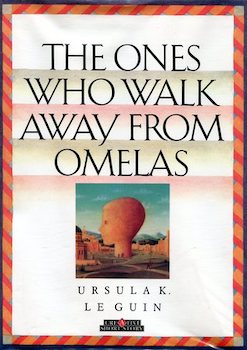Bomb#20
Contributor
- Joined
- Sep 27, 2004
- Messages
- 9,516
- Location
- California
- Gender
- It's a free country.
- Basic Beliefs
- Rationalism
It's odd, isn't it? Why would poor people give a hoot whether some rich company owner pays some rich manager a bundle versus instead shopping around for another manager who'll do the job for less, and keeping her left-over money for herself? How the richest 10% divvy up their assets among themselves isn't something it's rational for the other 90% to get bent out of shape over.I don't really get the animosity towards "CEOs" who make obscene amounts of money. Sure, it's a bit corrupt how they are selected, and maybe their compensation is often not justified. But the number of these people is small...
The animosity appears to be due to a combination of instinctive outgroup hostility and intuitive zero-sum-game economic thinking -- pretty much the same explanation for the animosity pre-Enlightenment Christians typically felt for Jews. If "they" are getting rich while "we" are not it must necessarily be because "they" are cheating "us". Further, people tend to undervalue any job they don't understand, and how what CEOs do contributes to production is harder to grasp than what factory workers do. Also, people tend to imagine that if the CEOs were paid less then the regular employees would be paid more, as though the shareholders were some alien life forms satisfied with making a fixed profit, and aren't trying to maximize their income just like normal humans are.


